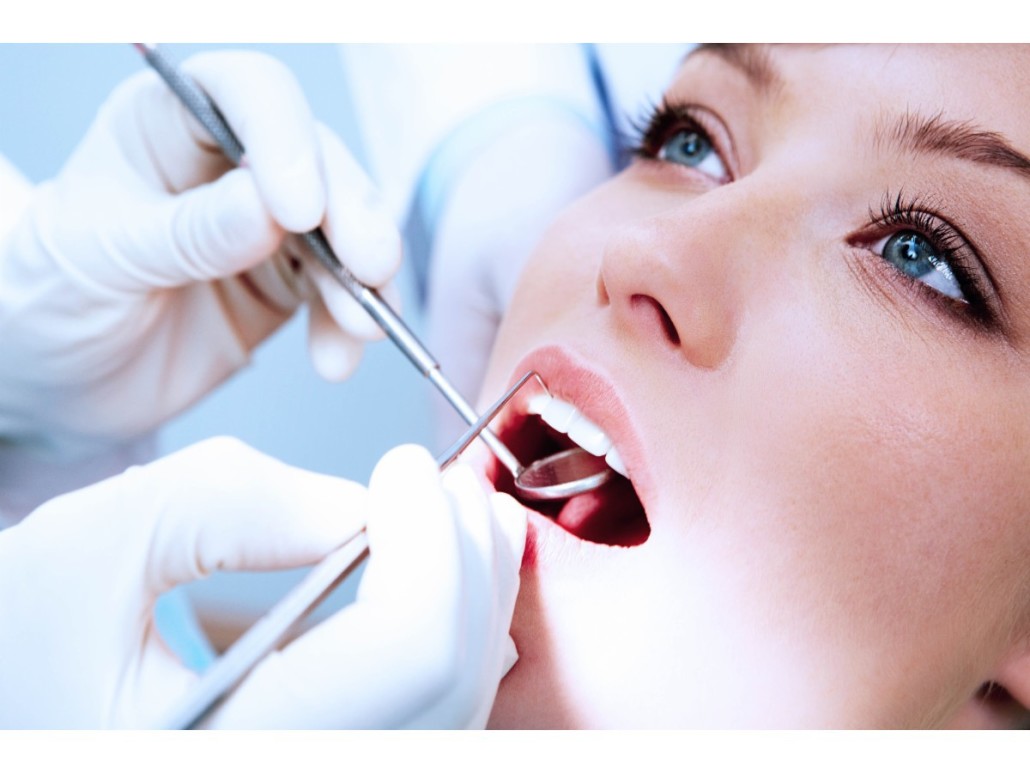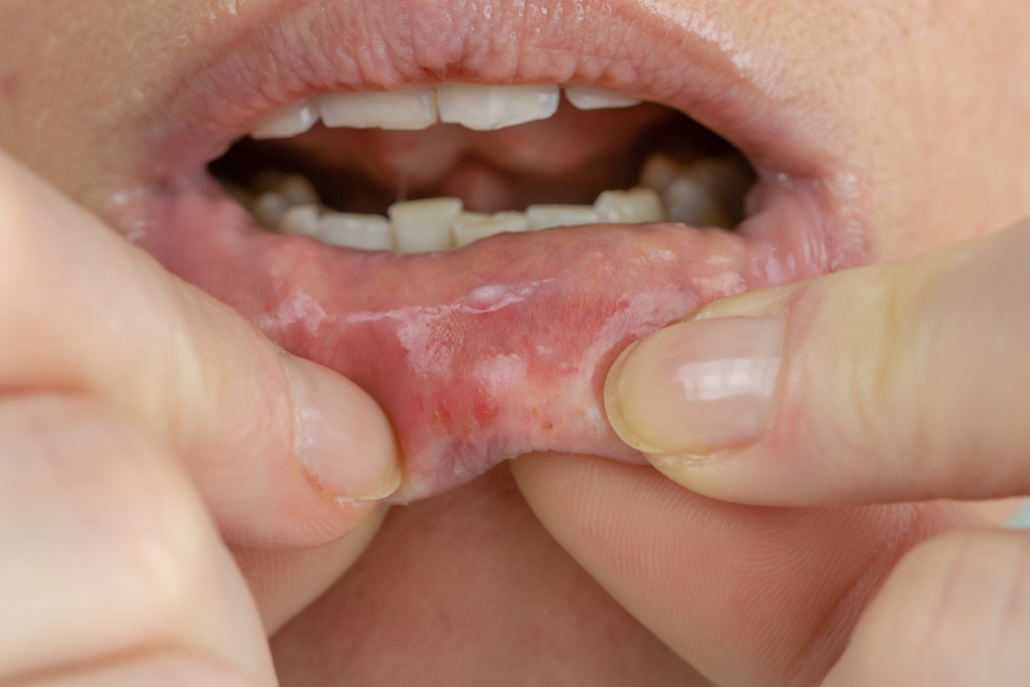A dental visit could help prevent eating disorders developing in late teens and early adulthood.
Among the most frequent eating disorders are anorexia nervosa and bulimia nervosa, these are psychiatric diseases that have multiple causes and are characterized by an alteration of eating behavior and social relationships.
Eating disorders and oral health
The origin of eating disorders are still unknown, a certain role seems to have a combination of factors:
- genetic factors
- cultural factors
- psychological factors
- social factors
According to the analysis of the latest data relating to this type of pathology, they are more widespread in industrialized countries and the frequency tends to increase.
An initial dental visit can prevent any eating disorders from worsening.
Some oral pathologies identified in a dental visit can be an alarm bell with respect to the presence of alterations in the diet. An accurate visit to the dentist can therefore allow an early diagnosis and more effective treatments thanks to the collaboration between different professional figures.
Dental pathologies in patients with eating disorders
Thanks to a recent research published in the European Journal of Pediatric Dentistry in June 2021, correlations have emerged between some oral cable diseases and the diagnosis of an eating disorder.
The researchers analyzed data from PubMed, Medline and Cochrane Library databases containing medical records of patients with eating disorders, but patients with severe mental illness, severe intellectual disabilities or other psychological disorders were excluded.
From the data emerged some symptoms relating to the oral cavity directly related to eating disorders:
Pathologies involving the oral mucosa and perioral tissues
- exfoliative cheilitis
- lip rash
- atrophic glossitis
- glossodynia
- yellow-orange discoloration of the soft palate
- bitten cheek/lips
- candidiasis
Diseases affecting the teeth
- dental erosion
- dental hypersensitivity
- cavity
Periodontal diseases and salivary manifestations
- sialadenosis
- changes in salivary flow
The role of the dental visit
During the dental visit it was evident that these symptoms relating to the oral cavity were connected to food shortages and metabolic alterations with the complicity of other factors such as: poor oral hygiene, pharmacological therapies.
Clear signs of frequent vomiting or self-induced vomiting emerged in some patients.
The approach towards these patients must necessarily be multidisciplinary, if dentistry notices any signs that could suggest an eating disorder such as anorexia and bulimia, it will have to proceed with personalized dental care and constant collaboration with other specialists including psychologist and nutritionist .
The dental visit plays an important role for patients with eating disorders because it is easier for them to undergo dental checkups than those of other specialists. Prevention, diagnosis and early intervention avoid the chronicity of the disease.


















